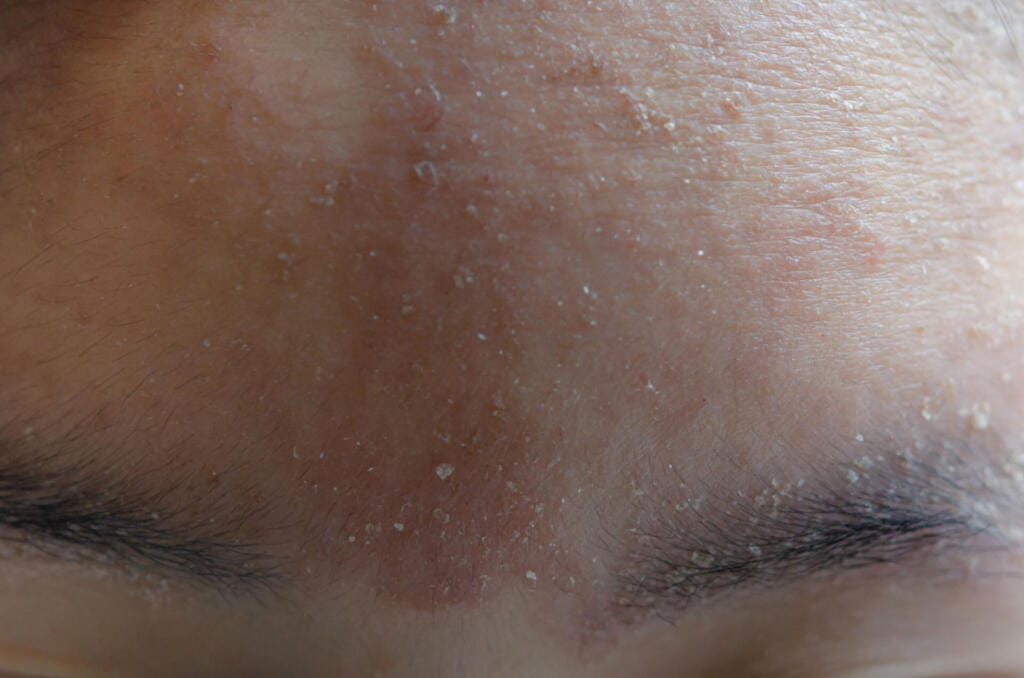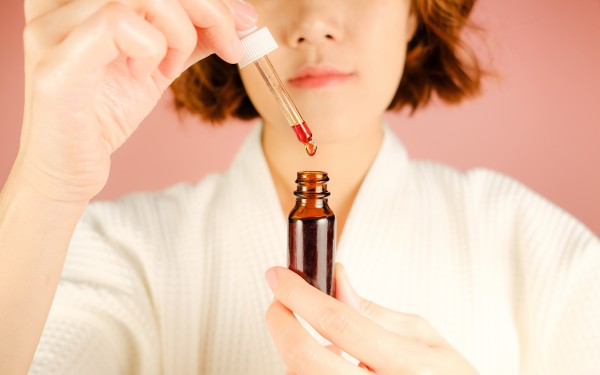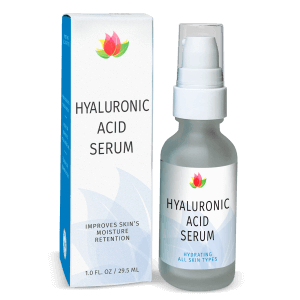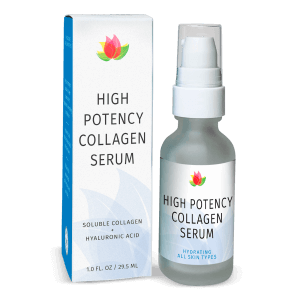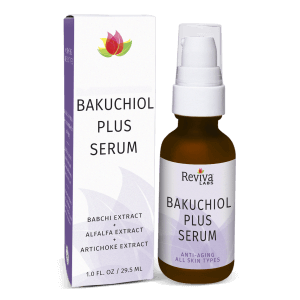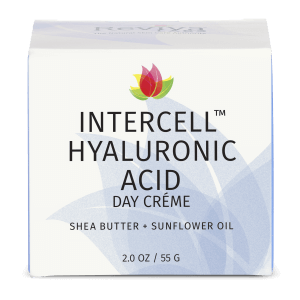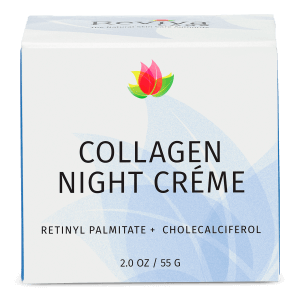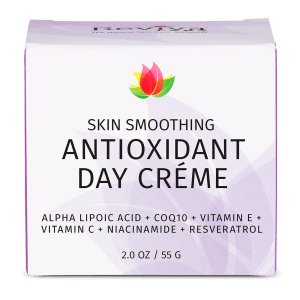Reviva Labs, Skin Care
Where Does Dry Skin Come From
Itchy, rough, and sometimes flaky—dry skin can feel like it has a mind of its own. At first, you may brush it off as “just winter skin,” but if you’re constantly dealing with this rough texture and irritation, it’s time to take a closer look. Studies show that around 50% of adults experience some degree of dry skin in their lifetime. So, what’s behind this common, yet often underestimated, skincare issue?
There’s much more at play than just cold weather or an occasional skipped moisturizer. A variety of internal and external factors influence skin moisture levels, and sometimes, despite your best efforts, skin still seems to dry out. But don’t let this discourage you! By understanding the reasons behind dry skin, you can adopt effective methods to keep it soft, supple, and comfortable.
What Causes Dry Skin? Unpacking the Myths and Facts
There are countless myths about what causes dry skin, but the reality is that the issue stems from a combination of factors—environmental, genetic, and even lifestyle-related. Let’s take a closer look at the main culprits behind dryness.
1. Environmental Factors: The Elements Have a Say
One of the most common reasons skin dries out is exposure to the elements. Cold weather is the biggest environmental culprit. When temperatures drop, the humidity in the air decreases, leading to less moisture available for your skin to absorb. When you add factors like harsh winds or indoor heating, the skin’s outer barrier (the stratum corneum) weakens, allowing water to escape more easily.
But it’s not just cold weather. Heat, especially from long hot showers or baths, can strip your skin of its natural oils, which act as a protective layer to lock in moisture. Even your air conditioning unit can play a part, as it removes moisture from the air to cool your home.
2. Genetics: The Role of Your DNA in Skin Hydration
Just like hair color or height, your genetic makeup has a strong influence on your skin type. Some people are born with a naturally lower lipid barrier function, making it harder for their skin to retain moisture. Studies on skin types confirm that individuals with fair skin or sensitive skin are more likely to experience dryness because their natural oil production tends to be lower.
Additionally, certain skin conditions like eczema or psoriasis are genetically influenced, making dry skin a chronic issue for those affected. These conditions compromise the skin’s ability to retain moisture by disrupting the skin’s protective barrier. So, if you’ve been blessed with such a genetic profile, extra care is essential to maintain hydration.
3. Age: The Natural Decline in Skin Moisture
As we age, our skin gradually produces fewer natural oils. The sebaceous glands, responsible for oil production, become less active, especially after we pass the age of 40. This is why you may notice that your skin feels drier and less plump than it did in your twenties. The natural decline in oil production leaves the skin more vulnerable to moisture loss.
Another factor that affects the skin’s hydration levels with age is the decrease in collagen production. Collagen keeps the skin firm and elastic, but as its production diminishes, the skin’s structure weakens, making it harder to retain moisture. These two combined—lower oil production and reduced collagen levels—can significantly impact skin texture over time.
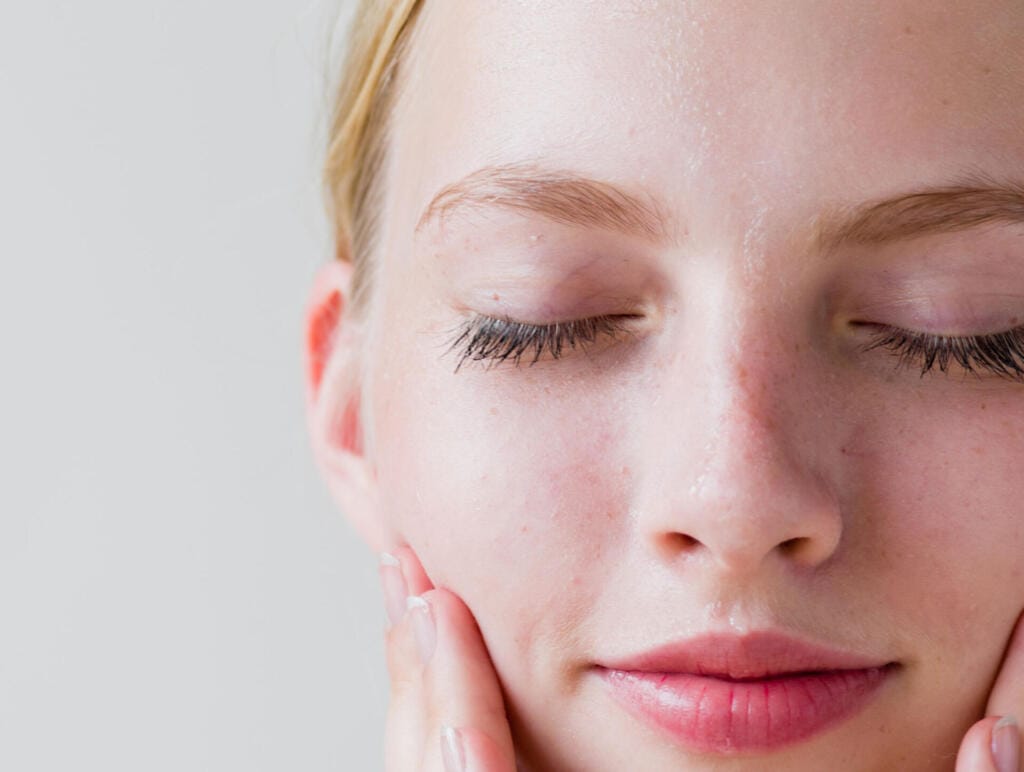
4. Skincare Products and Practices: The Good, the Bad, and the Overdone
Many of us turn to skincare routines to combat dryness, but sometimes, those very routines can cause harm. Overuse of harsh cleansers, exfoliants, or certain active ingredients like retinoids can strip the skin of its natural oils. This can be counterproductive, as it depletes the skin’s protective layer, making it harder to retain moisture.
For instance, alcohol-based toners can dry out the skin, as can too frequent exfoliation. Even some anti-aging products, while effective, can be too strong for naturally dry or sensitive skin. The same applies to strong acne treatments that may worsen dryness if used too aggressively.
5. Nutrition and Hydration: Feeding Your Skin from the Inside Out
It’s often said, “You are what you eat,” and this couldn’t be truer when it comes to skin health. Diet plays a significant role in skin hydration, with certain nutrients helping to maintain moisture levels and strengthen the skin’s barrier.
Healthy fats—like those found in avocados, nuts, and fish—are essential for skin hydration. They contribute to the production of the skin’s lipid layer, which keeps moisture from escaping. Omega-3 fatty acids, in particular, are beneficial for skin hydration, making a diet rich in these healthy fats a great ally in the fight against dry skin.
Equally important is hydration. While drinking water alone may not be a cure-all for dry skin, it does play a role in keeping the skin hydrated. Dehydration can make the skin appear dull and more susceptible to dryness, so consistent water intake is key.
6. Lifestyle Habits: Small Daily Choices with Big Impacts
Even your lifestyle habits have a say in your skin’s hydration levels. For instance, smoking can significantly dry out the skin. Cigarette smoke contains chemicals that damage collagen and elastin, leading to premature wrinkles and dryness. Alcohol also dehydrates the skin by drawing water out, making it look parched and dull.
Sleep quality and stress also play significant roles. During sleep, your body works on repairing itself, and that includes your skin. Inadequate sleep can lead to poor skin recovery, leaving it dull and dry. Meanwhile, stress can increase the production of cortisol, a hormone that impacts skin health by breaking down collagen and affecting the skin’s moisture barrier.
Practical Steps for Keeping Dry Skin in Check
If dry skin has you reaching for moisturizer more than you’d like, you’re not alone. While you can’t change your genetics or turn back time, you can make lifestyle changes to improve skin hydration. Here are some effective ways to keep dryness at bay:
- Use a Gentle Cleanser: Choose sulfate-free or cream-based cleansers that don’t strip away natural oils.
- Invest in a Humidifier: Especially helpful in winter, a humidifier adds moisture back into the air, benefiting both your skin and respiratory system.
- Switch to Lukewarm Water: Hot showers may feel great but can dry out the skin. Opt for lukewarm water and keep showers brief.
- Opt for Rich Moisturizers: Moisturizers with ingredients like hyaluronic acid, glycerin, and ceramides help the skin retain water. Apply right after showering for the best results.
- Eat Healthy Fats: Make sure to incorporate omega-3s and other healthy fats in your diet to support your skin’s moisture barrier.
- Protect Against the Sun: Even if dryness is your main concern, don’t skip sunscreen. UV exposure can weaken the skin’s barrier, leading to dehydration over time.
Dry skin may be common, but it doesn’t have to be a constant source of frustration. By understanding and addressing the various factors—environmental, genetic, and lifestyle-related—you can adopt a routine that gives your skin the hydration it deserves.



